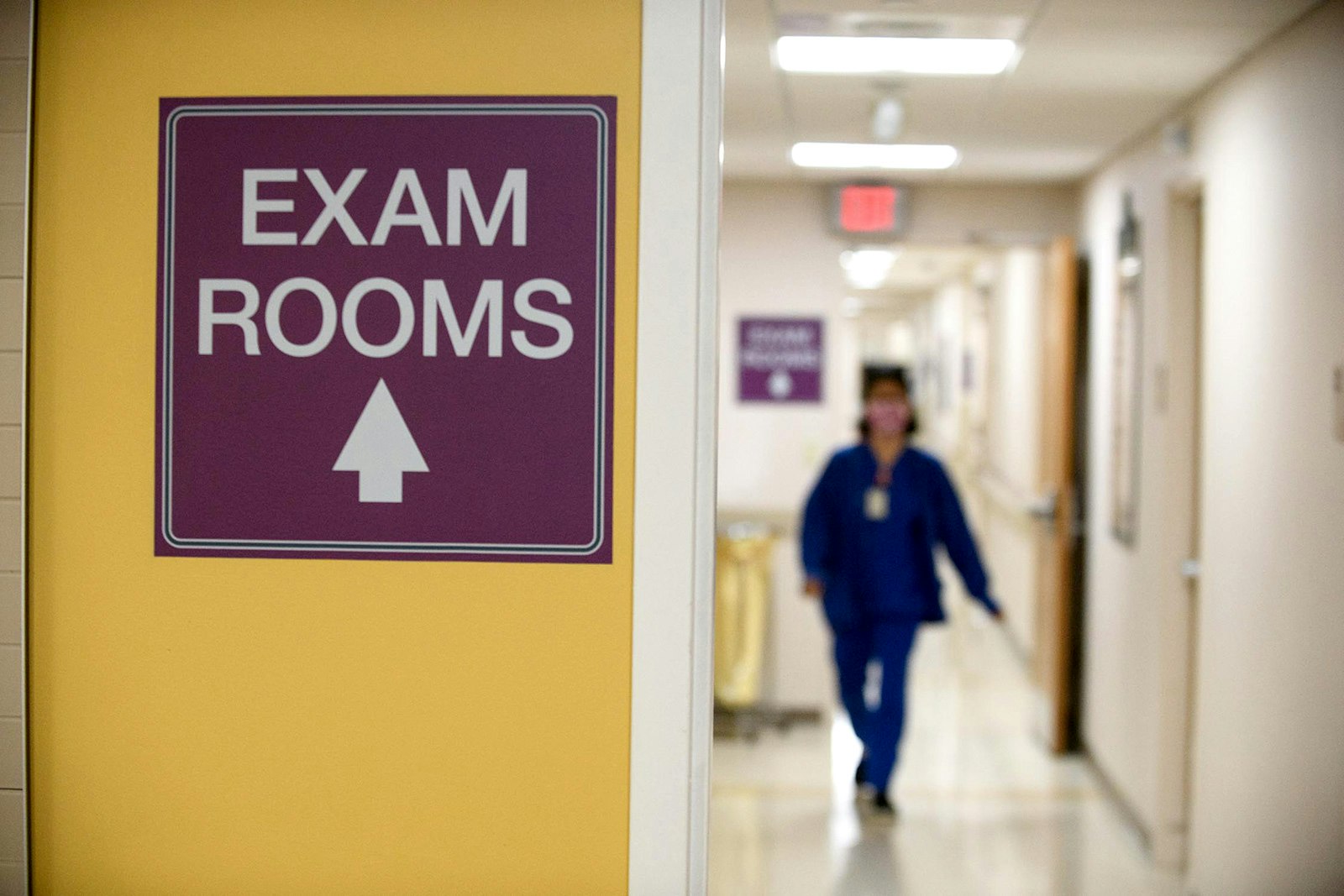Breast Cancer Surgery
Surgery is often a part of breast cancer treatment. Breast surgery may be used to remove cancerous tumors, determine if cancer has spread to your lymph nodes, or lessen symptoms of advanced cancer. Reconstructive surgery helps restore your breast shape after the removal of cancer.
Types of breast cancer surgery we offer include:
- Breast-conserving surgery – This minimally-invasive approach removes only the part of your breast that has cancer. It’s also called a partial mastectomy or a lumpectomy.
- Oncoplastic breast surgery – This is a new way to perform breast surgery; the tumor is removed and the breast is reshaped at the same time to give a better shape or a smaller size breast if desired. This surgery is performed by the breast surgeon and a plastic surgeon at the same time.
- Mastectomy — This surgery removes your entire breast to treat or prevent cancer.
- Sentinel lymph node biopsy — This minimally invasive procedure allows doctors to determine if cancer has spread to local lymph nodes and helps guide subsequent therapies.
- Lymph node dissection — This is a surgery used to remove lymph nodes with cancer or those with a high likelihood that cancer has spread to them.
- Breast reconstruction — After cancer surgery, breast reconstruction restores the shape and size of your affected breast
Reconstruction
Reconstructive plastic surgery repairs irregularities or disfigurements caused by cancer or cancer treatments. At the WVU Cancer Institute, our reconstructive surgeons work with oncology doctors to give you the best results and a healthy, speedy recovery.
Plastic Surgery Reconstruction Treatments
Many types of cancer treatments may lead to scars and disfigurements. Your doctor will guide you through the different reconstruction options. While changes to your body from cancer may be traumatic, the effects don’t have to be long-lasting. There are a number of different reasons why reconstruction may be right for you.
We offer reconstructive surgery, including partial for volume restauration or complete breast reconstruction, nerve repair, head and neck reconstruction, and many others.
If you’re undergoing treatment that leads to scarring and disfigurement, your oncologist will likely talk with you about plastic surgery options. We’re here to guide you every step of the way and provide the best plan just for you.
Preparing for Plastic Surgery Reconstruction
Getting ready for surgery can be an anxious time, but you can take steps to feel as prepared as possible:
- Ask your doctor all the questions you have about what will happen before, during, and after your procedure.
- Get any recommended lab tests completed.
- Adjust your medications as directed by your doctor.
- Avoid taking medications that may increase bleeding per your doctor’s instructions.
Depending on the type of reconstruction needed, your doctor may ask you to avoid eating solid foods or drinking after a certain time. Your care team will advise the best preparation for you based on your specific situation.
How Reconstructive Surgery Works
Cancer may cause your life to change in many ways. Permanent changes to your body, such as scars, may be a barrier to feeling healthy and whole again. Our plastic surgery team is here to help you feel and look better — plastic surgery can make a difference. Each operation depends on the type of cancer you have and what repair is needed:
- Skin cancer can look like a lesion on your body. Depending on the lesion’s size and removal method, your body may be altered in the treatment process. Your surgeon reconstructs the area with a carefully placed scar, a skin graft, or a local flap. The goal is to minimize scarring secondary to the removed skin cancer. The repair is tailored to your specific needs for reconstruction.
- Breast cancer is often treated by removing part of your breast or the entire breast. Some patients may have both breasts removed. Your surgeon will try to save as much of your skin as possible and can sometimes preserve the nipple. Although we can never bring your breast back, our goal is to reconstruct your breast to get you as close to normal as possible, focusing on size, shape, and symmetry. All types of partial or complete breast reconstruction are performed at the WVU Cancer Institute. We perform partial reconstruction of the breast using fat injection and tissue that is close to your chest and upper abdominal tissue. We perform matching procedures on the other healthy breast. We perform complete breast reconstruction using one-stage or two-stage implant reconstruction, which uses tissue from the abdomen (DIEP, SIEA) and lower extremities (TUG, PAP, SGAP). Lymphedema surgery is also offered.
- Head and neck cancer affects tissue in your scalp, face, nose, throat, or tongue. During reconstructive surgery, your surgeon uses tissues from other parts of your body to restore your appearance and function. They may also use smaller bones to repair other areas, like the jawbone or muscles and nerves to restore your smile.
At the WVU Cancer Institute, we’re here to help you feel as comfortable and confident as possible through every procedure.
Risks and Benefits of Reconstructive Surgery
Like most major surgeries, there are risks with reconstructive plastic surgery. Risks may vary from fluid accumulation and numbness to infection and bleeding. However, the benefits usually outweigh the risks. The benefits of reconstruction include feeling more confident and having increased self-esteem. In addition, we aim to restore your function and improve your appearance after disfiguring surgery for cancer.
Recovery After Reconstructive Surgery
We understand recovery after surgery can be difficult. That’s why we’re here to help you recover as quickly and smoothly as possible. You may need to adjust your daily activities depending on your recovery time and the type of reconstruction you received.
Your recovery may include emotional ups and downs in addition to the physical adjustments. Consider being kind to yourself, joining a support group, or talking to a counselor to help you cope with changes after surgery.
